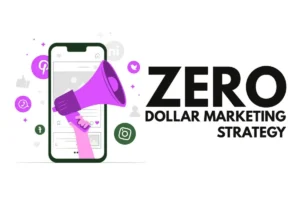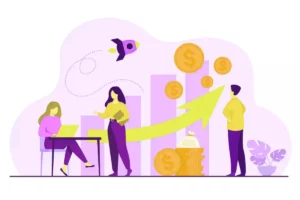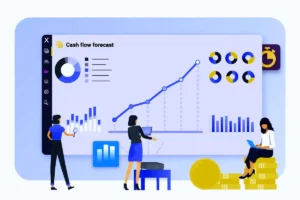
What Is Google Crypto Wallet?
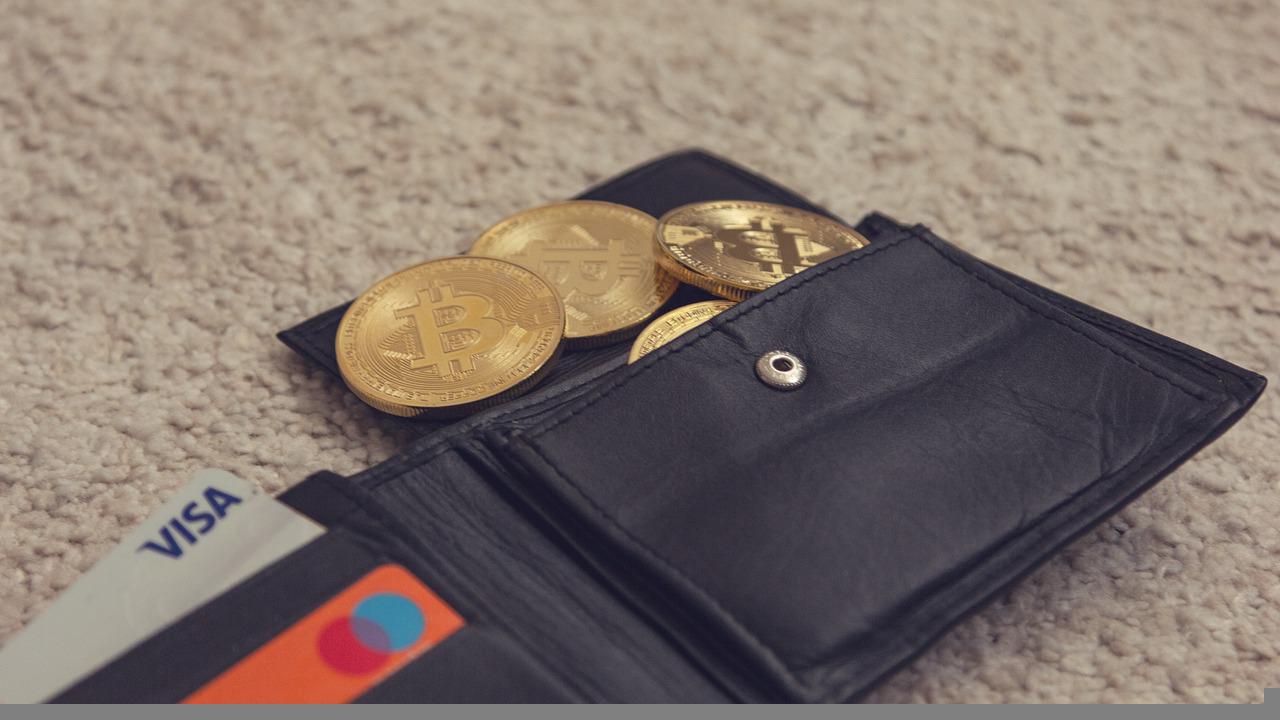
Google crypto wallet is an app that allows cryptocurrency users to store and retrieve their digital assets. Like traditional currency, you don’t need a wallet to spend your cash, but it certainly helps to have it in one place. When a user receives a cryptocurrency, such as bitcoin, he or she can store it in a cryptocurrency wallet and use it to make transactions from there.
A cryptocurrency wallet is a piece of software that keeps track of the secret keys used to digitally sign cryptocurrency transactions thanks to a distributed ledger. Because these keys are the only way to prove ownership of digital assets – and to execute transactions that move them or alter them in some way – they are an important part of the cryptocurrency ecosystem.
It is better known as “crypto wallet”, they are like blockchain car keys. Without those keys, the car would not move. And without them, there would be no way to prove ownership of digital assets – anything from bitcoin to tokens representing some type of asset.
Google crypto wallets are similar apps that you can run on a smartphone or computer. If you prefer the tactile experience of holding a wallet, you can also purchase a physical device that runs the Wallet app.
The first cryptocurrency wallet was introduced by Satoshi Nakamoto when he first released the bitcoin protocol in 2009. Bitcoin is the most popular and widely used cryptocurrency, but others have emerged that build on its blockchain technology, and any of them can be stored on a cryptocurrency wallet. , A wallet can contain multiple cryptocurrencies.
When you want to receive cryptocurrency, whether by purchasing it in currency exchange or as a gift or as revenue, you direct the sender to a unique cryptographic address issued by the wallet. You might picture your cryptocurrency stored on a wallet in the same way that files are stored on a USB drive, but in reality, the information stored in a wallet simply points to the location of your cash on the blockchain, the public ledger that Records and certifies all transactions for one cryptocurrency, not that one. Spending with Wallet is as easy as scanning a retailer’s QR code or directing a specific amount of cryptocurrency to the retailer’s public address.
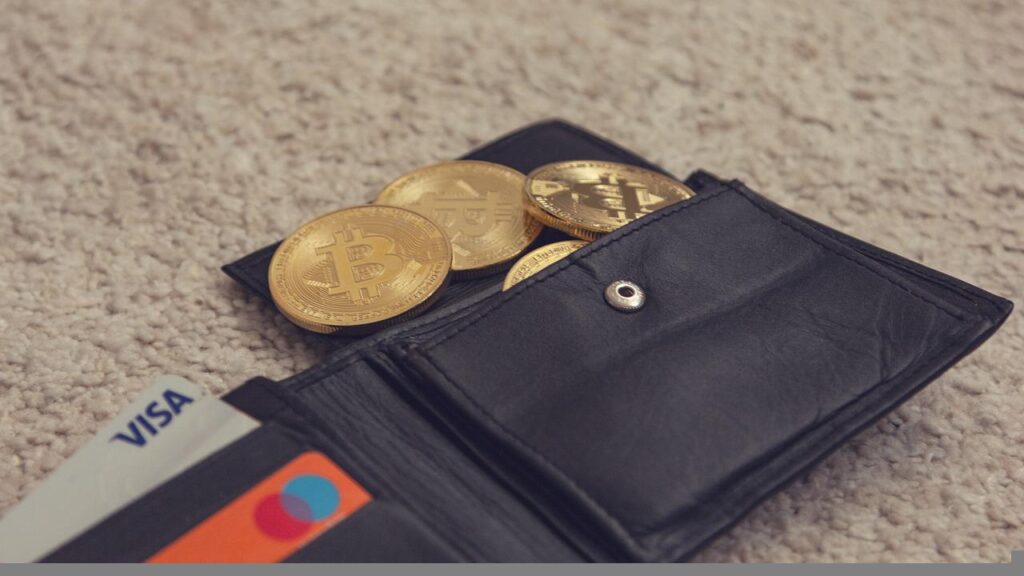
The vast majority of this Google crypto wallet application is used to store cryptocurrencies such as bitcoin, ethereum, ripple or litecoin, keys to fungible and non-fungible digital tokens representing software goods, financial assets, securities and services are also stored.
- For example, a token stored in a crypto wallet could represent concert or plane tickets, unique artwork, or goods in a supply chain – virtually anything with digital value attached to it.
- All distributed ledgers with decentralized consensus mechanisms rely on the capacity security model, which means that possession of an encryption key – proven with a digital signature on a transaction – authorizes the action representing the transaction.
- “So any application modeled on a distributed ledger requires users to have wallets that they use to sign transactions that work for that application,” Husby said. For bitcoin, the transaction just transfers the bitcoin to another encryption key and so to the other owner for things like a supply chain, they sign transactions that track the assets being managed (eg , electronic components, raw materials, etc.).”
- A new, “trustless” global economy in the future may be based on blockchain and crypto wallets that store everything from personal financial or professional history, tax information, medical information, or consumer preferences to employee or participant digital identities maintained and controlled by applications. Enables everything up to corporations.
- Digitized representations of traditional identity documents such as driver’s licenses, passports, birth certificates, social security/medical cards, voter registration information and voting records can also be stored in crypto wallets, allowing owners to control who has access.
Nevertheless, the advice would be that before investing in it, do at least an approximate assessment of the risks, if not accurate. If you have to test it to see what it is, keep your position sizes small and don’t put in more than you can afford to lose.

